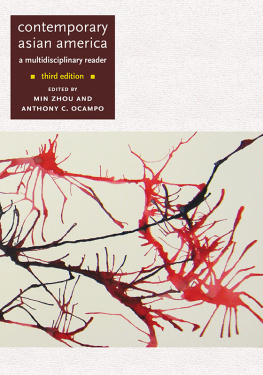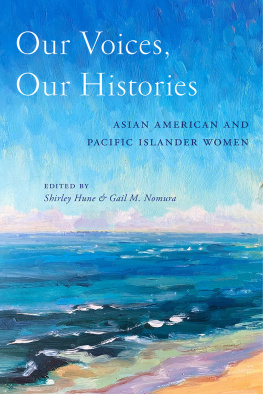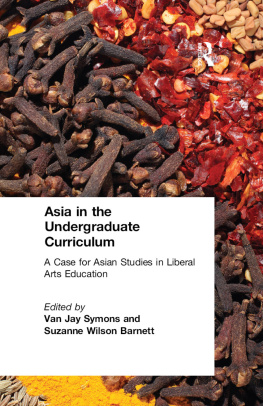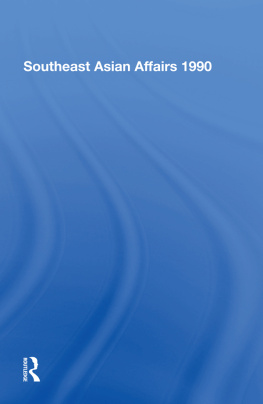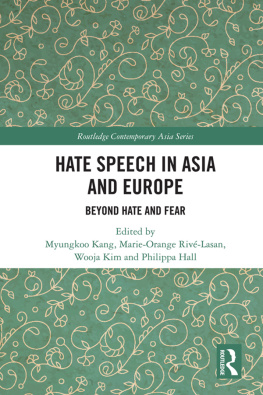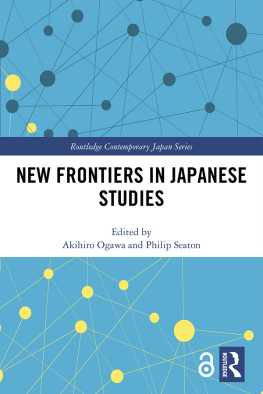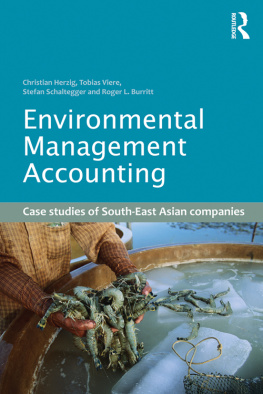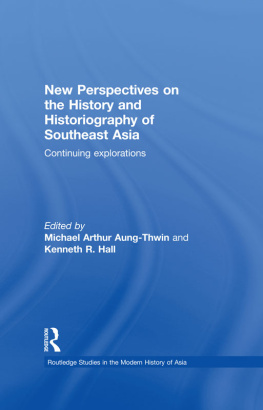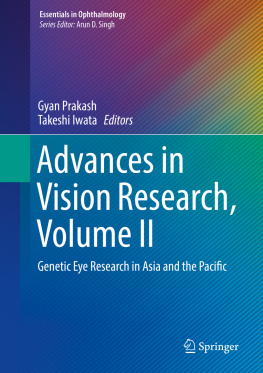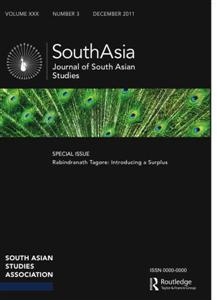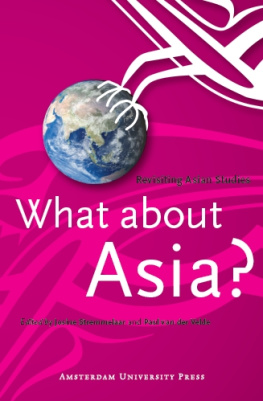READING ASIA
Curzon-IIAS Asian Studies Series
Series Co-ordinator: Dick van der Meij
Institute Director: Wim A.L. Stokhof
The International Institute for Asian Studies (IIAS) is a postdoctoral research centre based in Leiden and Amsterdam, The Netherlands. Its main objective is to encourage Asian Studies in the Humanities and the Social Sciences and to promote national and international co-operation in these fields. The Institute was established in 1993 on the initiative of the Royal Netherlands Academy of Arts and Sciences, Leiden University, Universiteit van Amsterdam and Vrije Universiteit Amsterdam. It is mainly financed by The Netherlands Ministry of Education, Culture, and Sciences. HAS has played an active role in co-ordinating and disseminating information on Asian Studies throughout the world. The Institute acts as an international mediator, bringing together various entities for the enhancement of Asian Studies both within and outside the Netherlands. The Curzon-IIAS Asian Studies series reflects the scope of the Institute. The Editorial Board consists of Erik Zrcher, Wang Gungwu, Om Prakash, Dru Gladney, Amiya K. Bagchi, James C. Scott, Jean-Luc Domenach and Frits Staal.
Images of the Modern Woman in Asia
Edited by Shoma Munshi
Nomads in the Sedentary World
Edited by Anatoly M. Khazanov & Andr Wink
Reading Asia
Edited by Frans Hsken & Dick van der Meij
Tourism, Heritage and National Culture in Java
Heidi Dahles
Asian-European Perspectives
Edited by Wim Stokhof & Paul van der Velde
Law and Development in East and Southeast Asia
Edited by Christoph Antons
The Indian Ocean Rim
Edited by Gwyn Campbell
Rethinking Chinese Transnational Enterprises
Edited by Leo Douw, Cen Huang & David Ip
Hinduism in Modern Indonesia
Edited by Martin Ramstedt
The History of Tibet
Edited by Alex McKay, 3 vols.
Diasporas and Interculturalism in Asian Performing Arts
Edited by Hae-Kyung Um
READING ASIA
New Research in Asian Studies
EDITED BY
Frans Hsken
and
Dick van der Meij
First published in 2001
by Curzon Press
Reprinted 2004
by RoutledgeCurzon
11 New Fetter Lane, London EC4P 4EE
Transferred to Digital Printing 2004
RoutledgeCurzon is an imprint of the Taylor & Francis Group
Editorial Matter 2001 Frans Hsken and Dick van der Meij
All rights reserved. No part of this book may be reprinted or reproduced or utilised in any form or by any electronic, mechanical, or other means, now known or hereafter invented, including photocopying and recording, or in any information storage or retrieval system, without permission in writing from the publishers.
British Library Cataloguing in Publication Data
A catalogue record of this book is available from the British Library
ISBN 0700713719
LEONARD Y. ANDAYA is Professor of History at the University of Hawaii at Manoa in Honolulu.
CHRISTOPH ANTONS is a senior lecturer in the School of Law and director of the Centre for Southeast Asian Law at Northern Territory University in Darwin, Australia
HENK BLEZER is an affiliated fellow at the International Institute for Asian Studies, Leiden, the Netherlands.
MATHEW I. COHEN is a lecturer in Theatre Studies at the University of Glasgow.
FREEK COLOMBIJN is an anthropologist at IIAS, Leiden, and a lecturer in the Department of the Languages and Cultures of South-East Asia and Oceania at Leiden University
HANS COLOMBIJN is a psychologist at the Regional Mental Health Institute (RIAGG) Pamassia, The Hague, the Netherlands.
MAX COLOMBIJN is a paediatrician at the Beatrix Hospital, Gorinchem, The Netherlands.
FADZILAH MAJID COOKE is a research fellow in the Resource Management in Asia Pacific Project, Department of Human Geography, Research School of Pacific and Asian Studies, Australian National University, Canberra, Australia.
KEITH FORSTER teaches at Southern Cross University in Australia
PAN GUANG is Dean of Jewish Studies Shanghai, Director of the Institute of European and Asian Studies, Shanghai Academy of Social Sciences and Director of the Centre for International Studies, Shanghai Municipality.
FRANS HSKEN is Professor of Anthropology at the Catholic University of Nijmegen, the Netherlands.
DICK VAN DER MEIJ is acting head of the Projects Divion, Department of Languages and Cultures of Southeast Asia and Oceania, Leiden University, Leiden, the Netherlands.
SAMSUDIN A. RAHIM is Professor of Communication and Dean of the Faculty of Social Sciences, Universiti Kebangsaan Malaysia.
SUVARNALATA RAO is a research scientist and co-ordinator for music programmes at The National Centre for the Performing Arts Nariman Point, Mumbai, India.
HIMANSHU PRABHA RAY is an associate professor at the Centre for Historical Studies, Jawaharlal Nehru University, New Delhi, India.
HAE-KYUNG UM is an affiliated fellow at the International Insitutute for Asian Studies, Leiden, the Netherlands.
KENNETH WELLS is a fellow in the Research School of Pacific and Asian Studies, The Australian National University, Canberra, Australia.
GUO WU is a senior lecturer in Chinese at the School of Language and Linguistics, University of Western Sydney, Australia.
YOGENDRA P YADAVA is Professor of Linguistics at the Central Department of Linguistics at Tribhuvan University, Kirtipur, Kathmandu, Nepal.
FRANS HSKEN AND DICK VAN DER MEIJ
Bu Lu and Bu Kyaw, two twelve-year old twin brothers from the Ka Mar Pa Law village in the Karen hill region, made a stunning impression on the world at the beginning of the twenty-first century. Overnight, they became known under their Christian names as Luther and Johnny Htoo, supreme commanders and revered leaders of Gods Army a force of a few hundred Karen hill tribesmen in the mountainous region of Burma, close to the Thai border.
What brought these youngsters into the limelight of world-wide news coverage, was when on the 24th of January, 2000, ten fighters from Luthers and Johnnys Army left their base on Kersay Doh (Gods Mountain) on the Burmese side of the border, and started a raid on the hospital of the Thai town of Ratchaburi. For more than a day, they held some 500 patients and staff hostage. However, none of these fighters survived when a day later, Thai commandos stormed the building and freed the hostages.
International news agencies reporting on the affair, stressed the spectacular part of it: jungle fighters commanded by illiterate messianic twins forcing their way into a modern medical facility (Time 7 February 2000). A camera crew of Associated Press in December 1999 shot images of the teenage soldiers playing with their guns as if they were toys. The news item conveyed an image of a people living at subsistence level, in a village that recalls the primitive settlement presided over by Marlon Brando in Apocalypse Now. Living in a faraway hide-out, infested with endemic cerebral malaria, the fighters of Gods Army had rallied behind the twin brothers who are shorter than the M-16 rifles some of their followers carry. Johnny and Luther having a black tongue, which in the Karen tradition is taken to be a sign of divinity, are believed to offer divine protection.
It is easy to see why the raid by Gods Army provided the international press with a perfect news item as it combined exotic stereotypes of mountain Asia with the thrill of Crocodile Dundee bravado. There is, of course much more to their performance than just the bizarre and romanticised image of primitive rebels fighting for a good cause who had entered the international political highway by accident to be overrun by the first lorry that happened to pass.


